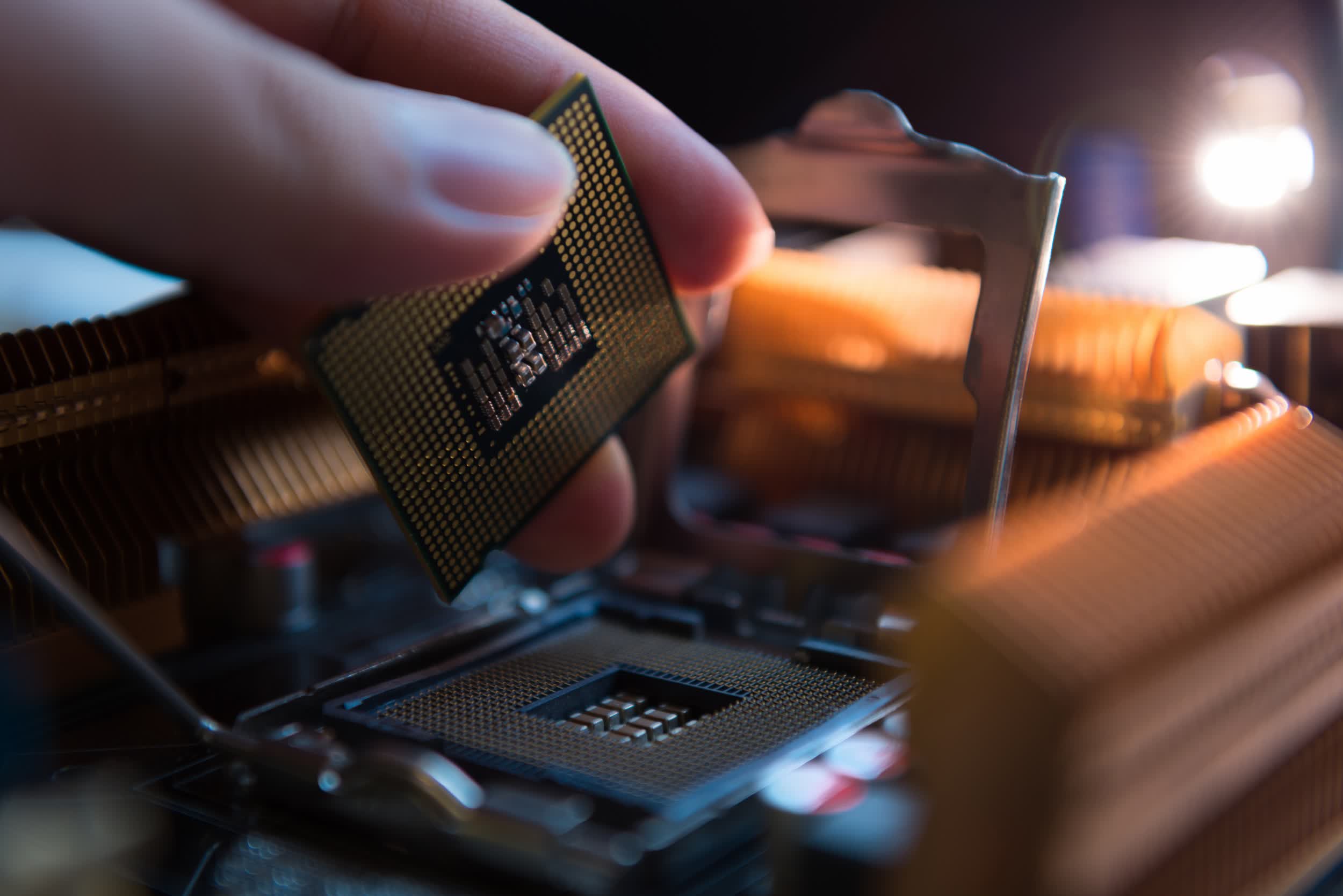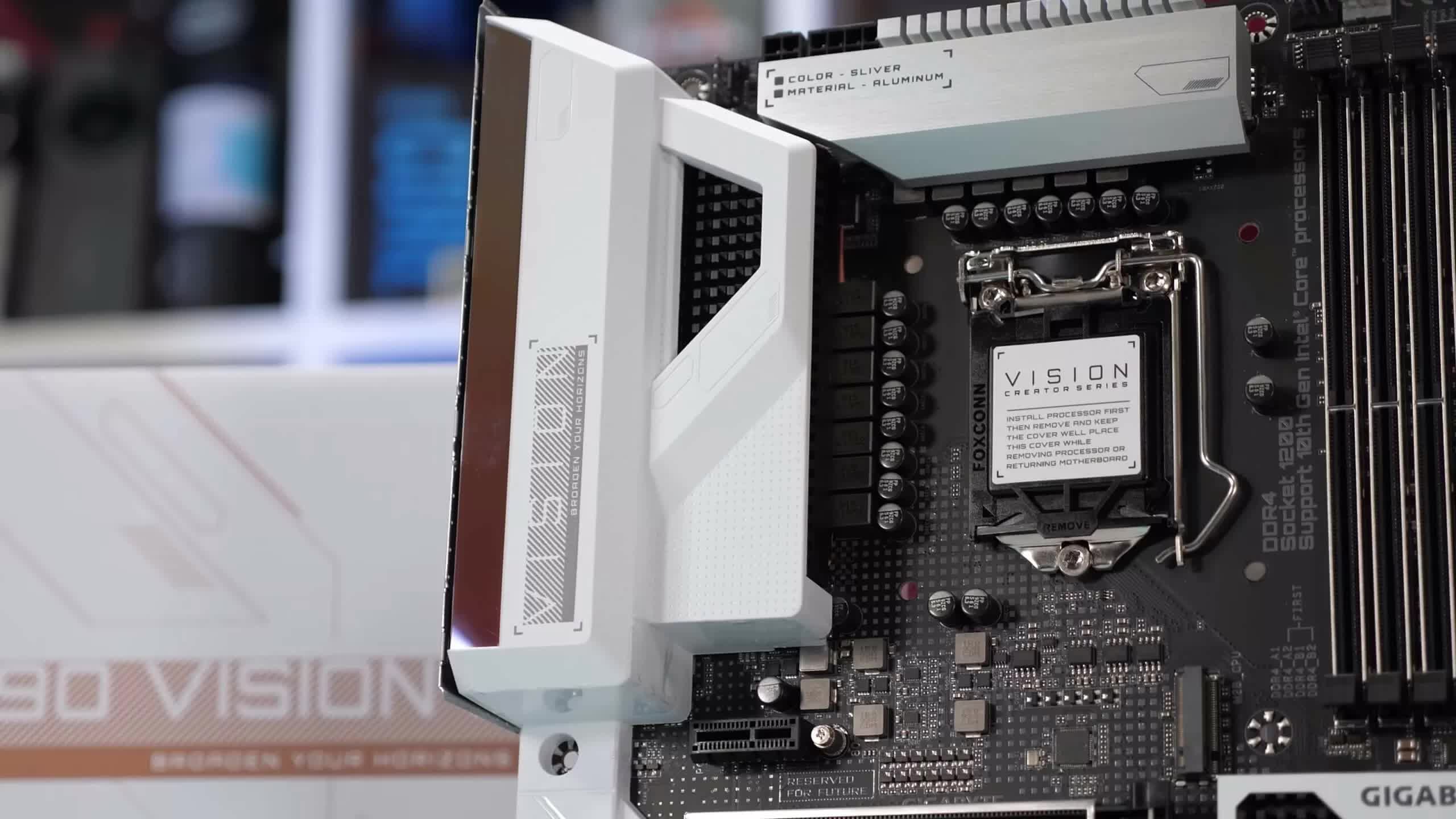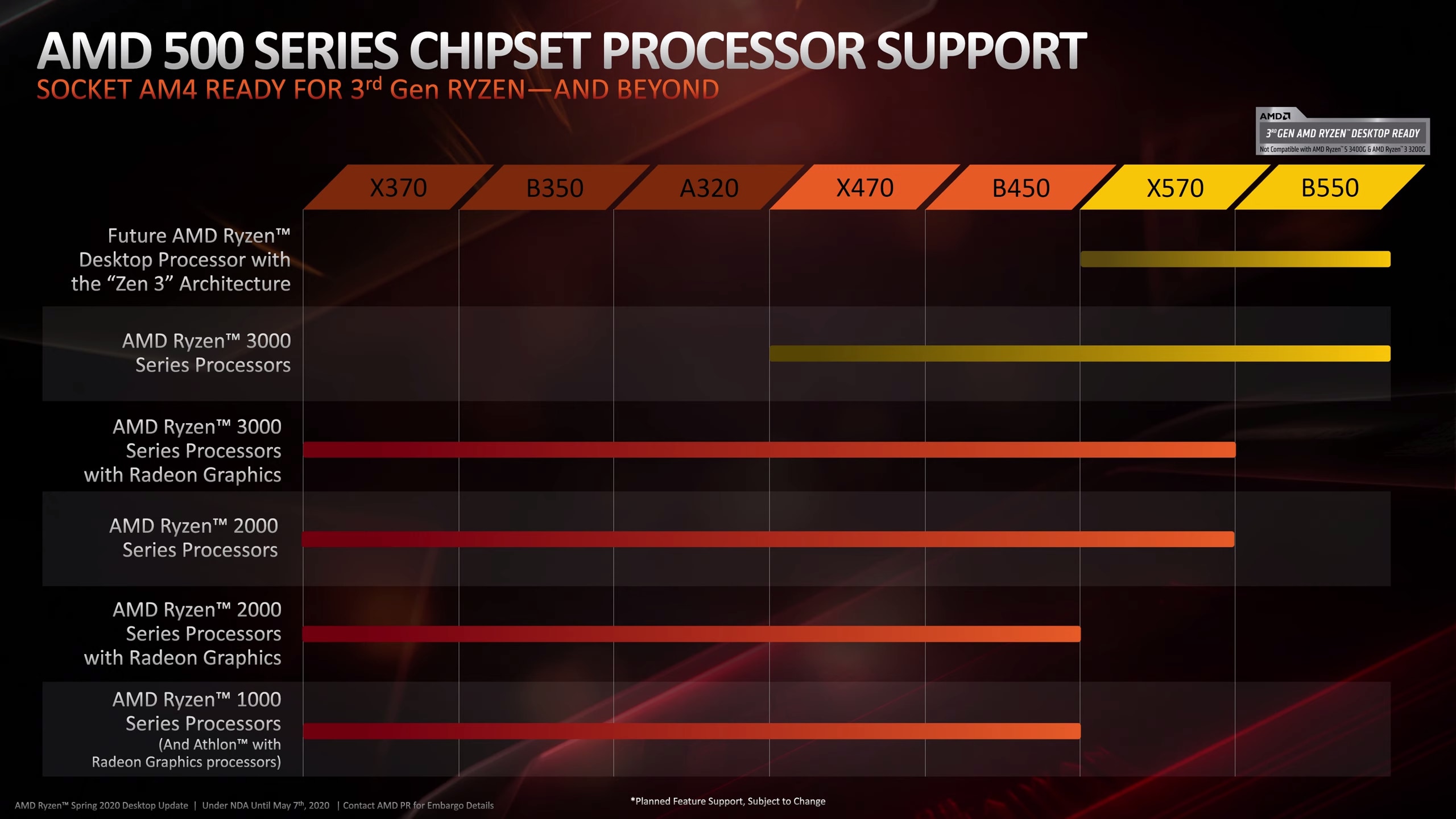Bottom line: Intel in a support document has confirmed that motherboards based on entry-level H410 chipsets and mid-tier B460 chipsets will not be compatible with upcoming 11th Gen Intel Core (Rocket Lake) CPUs. Both platforms launched in Q2 2020 and unless something changes, it appears as though they are going to have very short lifespans.

Motherboards running an H470 or Z490 chipset may need a BIOS update in order to boot with a Rocket Lake processor, Intel added.
The chipmaker didn’t explicitly say why H410 and B460 chipsets wouldn’t be compatible with the upcoming CPUs. According to Tom’s Hardware, however, H410 and B460 are based on “a different and older 22nm process node.” To circumvent this, the publication adds, some motherboard makers are resorting to sneaking the H470 chipset onto boards sold as H410 and B460 products.

Examples cited include the Gigabyte H410M DS2V V2 (rev 1.0) and the H410M S2H V2 (rev 1.0). Looking at the name, you’d think these products would feature the H410 chipset but in fact, they utilize the H470.
Intel is expected to launch Rocket Lake desktop chips sometime in the first quarter of 2021. Early listings from some European retailers last month provided a glimpse of Intel's upcoming lineup and what you might expect to pay for them. Intel has also shared some benchmarks from the Core i9-11900K which show it besting AMD chips in some scenarios.
Masthead courtesy Pawarun Chitchirachan
https://www.techspot.com/news/88564-intel-h410-b460-chipsets-not-support-11th-gen.html

